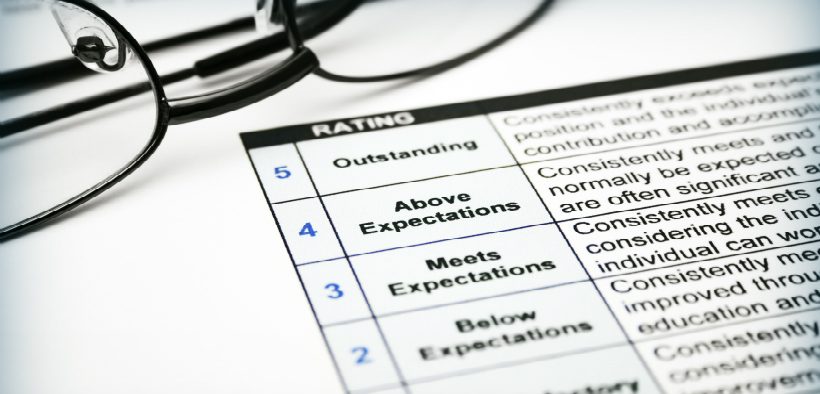Authors Kulasegaram and Rangachari propose moving beyond our understanding of formative assessments as “interim measures” that lead to the real, final assessments—the ones that generate the all-important grades. They suggest we stop calling them formative assessments and start thinking about them as assessments for learning. “We contend that assessment for meaningful learning should prepare students not just to get good grades and meet the requirements of a specific course, but give them the training, the skills, and the enthusiasm for the long haul.” (p. 5)
Related Articles
I have two loves: teaching and learning. Although I love them for different reasons, I’ve been passionate about...
Active learning is a mostly meaningless educational buzzword. It’s a feel-good, intuitively popular term that indicates concern for...
Perhaps the earliest introduction a student has with a course is the syllabus as it’s generally the first...
Generative AI allows instructors to create interactive, self-directed review activities for their courses. The beauty of these activities...
I’ve often felt that a teacher’s life is suspended, Janus-like, between past experiences and future hopes; it’s only...
I teach first-year writing at a small liberal arts college, and on the first day of class, I...
Proponents of rubrics champion them as a means of ensuring consistency in grading, not only between students within...









